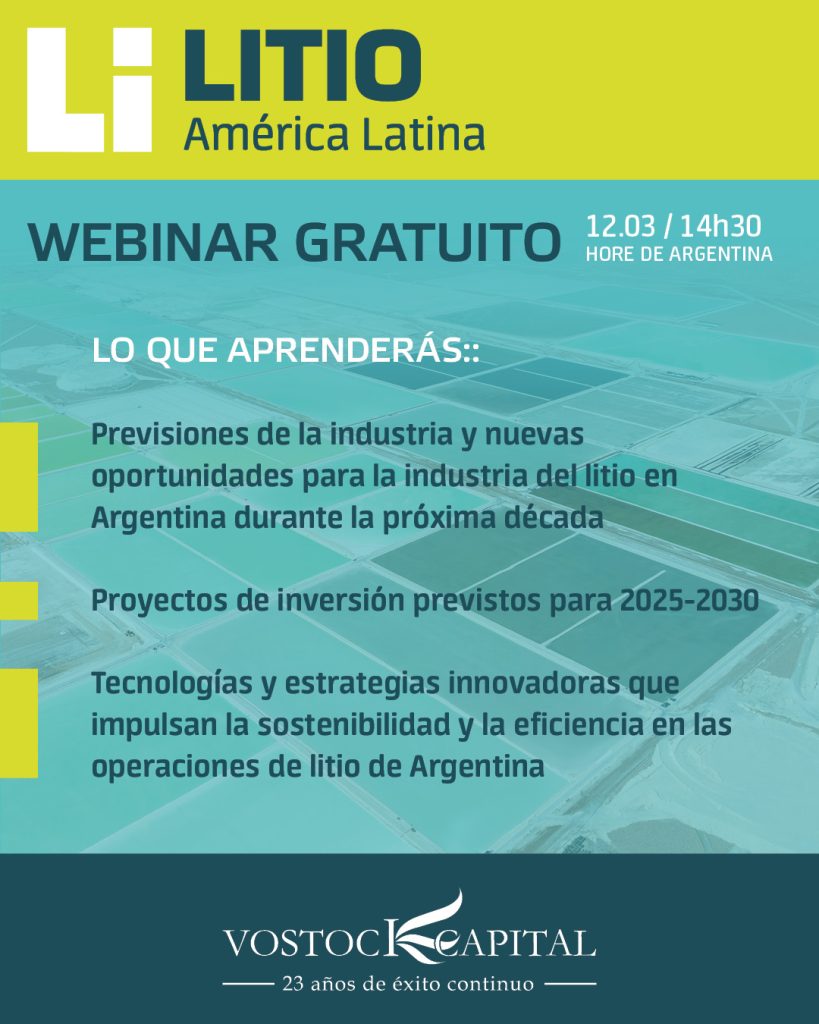
Latin America Daily Briefing
Ecuadorean authorities detained Fabricio Colón Pico, a leader of Los Lobos criminal gang, yesterday, just 24 hours after citizens backed the Noboa administration’s militarized crackdown on organized crime in a Sunday referendum. (See yesterday’s post)
Colón Pico had broken out of a maximum security prison on Jan. 8, in the midst of a series of coordinated attacks by organized crime against authorities, which prompted a state of emergency and declaration of “internal armed conflict.” He was apparently hiding out in a cacao farm and had dyed his hair blond in attempt to avoid recognition. Attorney general Diana Salazar has accused him of plotting to assassinate her, reports the BBC.
The government said homicides have dropped by 27% under the ongoing state of exception, reports El País.
Ecuador’s Noboa administration celebrated a victory on security measures in Sunday’s referendum, but will need legislative support to implement some of the measures. Lawmakers will have 60 days to approve the amendments, reports Reuters.
Former President Rafael Correa said his party, which is now in opposition, will support security measures but will otherwise oppose Noboa in the legislature, reports Reuters.
While Ecuador’s referendum on Sunday is a political victory for President Daniel Noboa some analysts temper the win somewhat by noting that 28% of voters stayed home, and those who participated mostly did not approve the full list of questions, as the government had campaigned for. (GK)
The Confederación de Nacionalidades Indígenas del Ecuador (Conaie) said yesterday emphasized the negative results the government obtained on two economy related questions. (Primicias)

More Ecuador
- Ecuadorean attorney general Diana Salazar is tackling the connection between organized crime and politics — “entering the sixth and last year of her tenure, Salazar is known as a hands-on investigator who sleeps no more than four hours a day”, and some are wondering if she is gearing up for a 2025 presidential run, reports Americas Quarterly in a profile.
- “Ecuador is scoping out new debt-for-nature swaps, one to funnel funds into the Amazon rainforest and another for a giant ocean protection zone backed by Hollywood star Leonardo DiCaprio,” reports Reuters.
- The Galapagos Islands are awash with plastic — it comes from Peru and Ecuador, as well as international (mostly Chinese) fishing fleets. Ecuador has bid to host the signing of the UN plastics treaty, the first legally binding global treaty to halt plastic waste, in the Galápagos, reports the Guardian.
Regional Relations
- Mexico asked Switzerland and the Holy See to mediate with Ecuador after the raid on Mexico’s Quito embassy and the detention of Jorge Glas who had been granted political asylum, reports EFE.
- Panama recalled its ambassador to Nicaragua for consultations, citing the government’s “energetic protest” against what it called the illegal protection afforded to former Panamanian president Ricardo Martinelli at its embassy in Panama City, reports Reuters.
Venezuela
- Venezuelan opposition unity behind candidate Edmundo González puts the Maduro administration in a tough spot ahead of the July presidential elections: with the backing of major opposition parties, González could win in a free competition, but moving to block him now, after he was permitted to register by electoral authorities, would make clear that the vote is a farce, reports the Miami Herald. (See yesterday’s post.)
Argentina
- In the Argentine city of Rosario, residents weary of increasing drug gang violence welcome the Milei administration’s efforts to crackdown, but worry that showy hardline policies ramp-up confrontation, reports the Associated Press.
- Argentine President Javier Milei has maintained his anti-political discourse, even as his administration increasingly strays from its libertarian campaign promises, writes Hugo Alconada Mon in El País.
- Last night Milei celebrated his administrations third month of fiscal surplus, just ahead of a large protest planned today in defense of the public university system. (El País)
- Milei has failed to pass any legislation thus far, “an unprecedented length of time for any elected government in recent history,” notes Marcelo García in the Buenos Aires Times.
Uruguay
- Uruguay will hold presidential elections in October. Nacla reports on a rightward trend among Uruguayan society, albeit more gradually than in some neighboring countries — a process happening simultaneously with the growth in prestige of the Armed Forces “as well as an erosion of the traditional suspicion towards militaristic and far-right views. This all emerges amid an incipient but effective climate of “culture wars,” in which progressive forces are the enemy target and the “dictatorship of political correctness” is repeatedly invoked.”
Regional
- “They’re not always thought of as political hotspots. But in fact, ports are at the intersection of several crucial issues in Latin America and the Caribbean today,” according to the latest issue of Americas Quarterly.
- Punta Arenas in southern Chile “has become an unlikely hotspot for global shipping, one of several seaports gaining importance today across Latin America and the Caribbean. As wars choke vital shipping lanes in the Middle East and Europe, climate change snarls the Panama Canal and technological breakthroughs such as green hydrogen come to the fore, even ports on the region’s periphery are getting new attention from governments, multinational companies and others.” — Americas Quarterly.
- Latin American countries must improve their infrastructure to take advantage of the unique growth of U.S. “nearshoring,” argues Susan Segal in Americas Quarterly.
Culture Corner
- Cuban writer Leonardo Padura’s series of detective thrillers are “a social and political chronicle of Cuba, especially Havana, where he has lived all his life,” according to the Associated Press. “The island he depicts in his books — which have been translated to dozens of languages — is a mix of economic deprivation, Afro-descendant syncretism, corruption, mischief, uplifting music and growing inequality — all seasoned by a revolution that marked the 20th century.”
Jordana Timerman / Latin America Daily Briefing
latinamericadailybriefing.blogspot 04 23 2024



